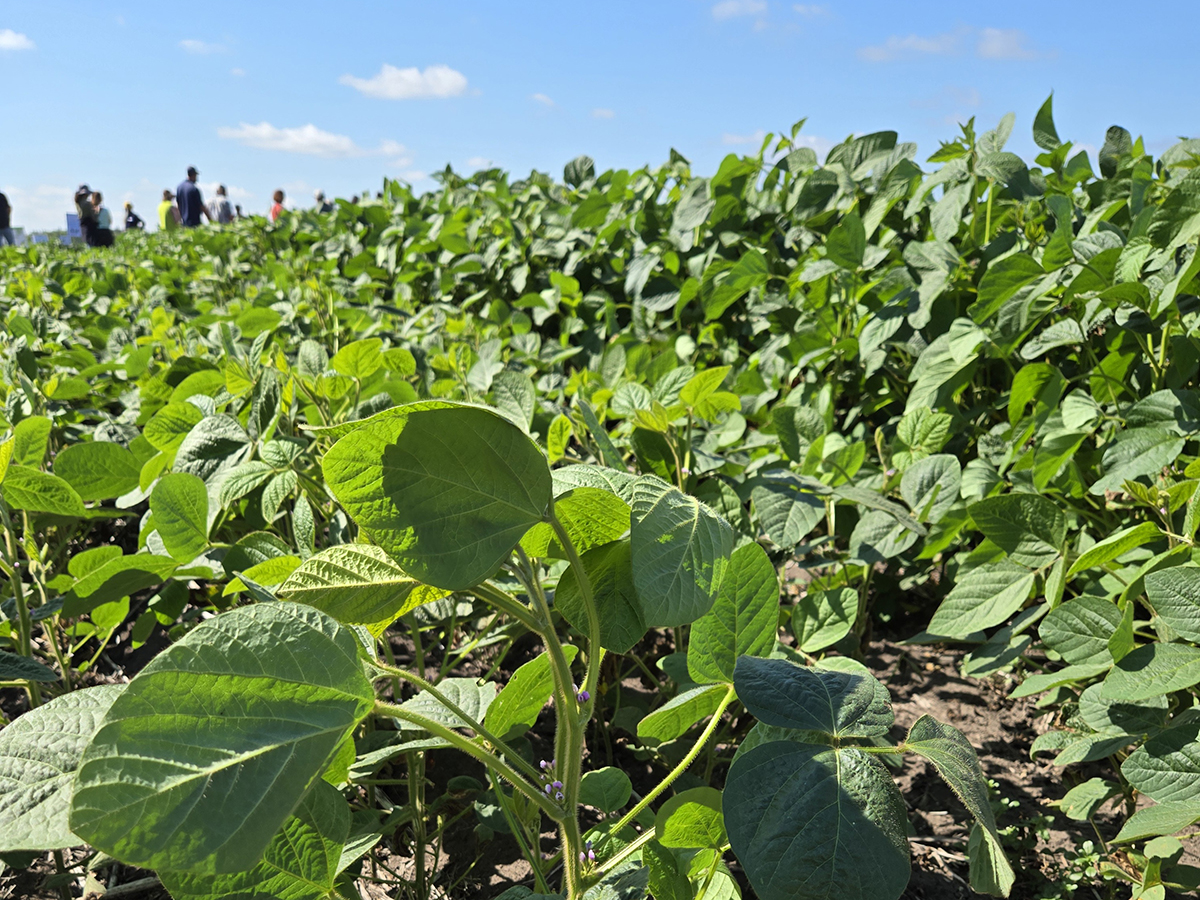MORRIS, Man. – High-protein wheat from the Red River Valley has developed an international reputation among American millers for its quality and flour consistency, says a representative from Cargill.
Brian Decillis, a buyer with Cargill Flour Milling in Minneapolis, Minnesota, told farmers at a recent Customer Connection meeting that Canada’s “managed” system for releasing varieties adds value to Cargill’s business.
Decillis said Cargill’s flour customers want consistent product and U.S. wheat is too variable, even within a small geographical region.
Cargill finds Canadian wheat works best when blended with U.S. wheat to “soften” the high degree of variation in the U.S. product, he said.
Read Also

Spider mites big soybean problem this season
Spider mite issues have been geographically limited but significant where they occur, said John Gavloski, an entomologist with Manitoba Agriculture.
“I think (Canadian wheat) does add value to our system.”
Cargill, the third largest miller in the U.S., owns 19 American flour mills and grinds 250,000 hundred-pound bags of flour every day.
U.S. baking plants are highly automated, said Decillis, employing relatively unskilled labor.
Bakers can’t afford to have batch-loads of dough that are different because it causes down-time in their plants, he said.
The flour business has moved into the food service industry, since more people eat out or buy food.
Chain restaurants want their pizza crust or submarine buns to be the same in Fargo, North Dakota, as in Charleston, South Carolina.
Reliability is critical, said Decillis, since bakeries keep one day’s supply of flour in their plant, at the most.
Brad Mroz, who farms at Beausejour, Man., asked Decillis if Cargill pays more for Canadian wheat than U.S. wheat.
Decillis said it is difficult to compare because the company buys its supplies three months forward.














